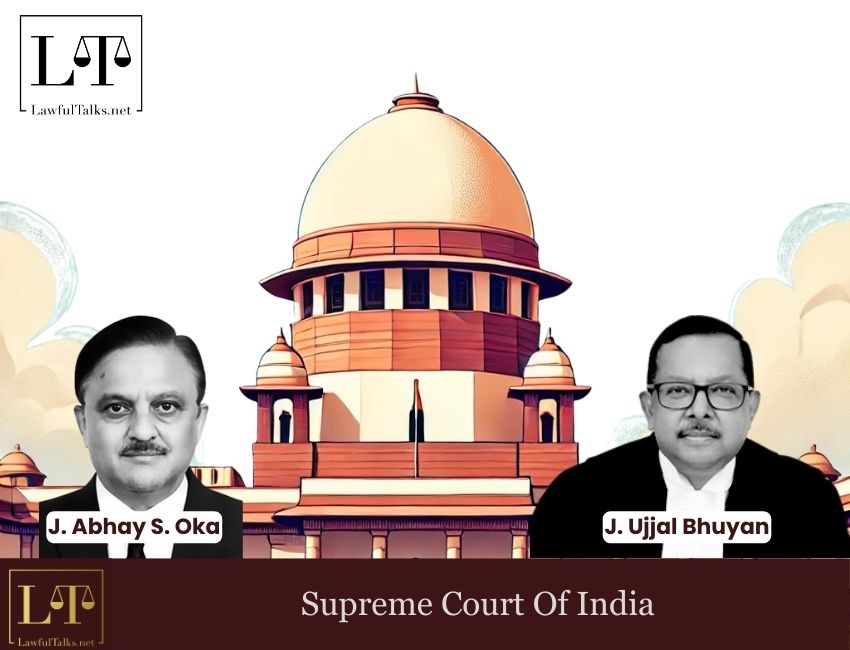Allahabad HC Sets Aside Afzal Ansari's Conviction, Allows Him to Continue as MP

“A Director who is in charge of the company and a Director who was responsible to the company for the conduct of the business, are two different aspects.” held the Supreme Court bench of Justice Abhay S. Oka and Justice Ujjal Bhuyan while setting aside the criminal proceedings against the Appellant, who was accused under Section 138 but had not signed the cheque in question.

The case arose out of complaints filed under Section 138 of the Negotiable Instruments Act, 1881, alleging that the Appellant, along with other Directors, were responsible for the dishonored cheque. However, the bench observed that “As the appellant is not a signatory to the cheque, he is not liable under Section 138 of the 1881 Act. As it is only the signatory to the cheque is liable under Section 138, unless the case is brought within the four corners of Section 141 of the 1881 Act, no other person can be held liable.”
The bench, upon perusing Section 141 of the Negotiable Instruments Act, observed that two twin requirements must be fulfilled to attract vicarious liability under the provision.
“There are twin requirements under sub-Section (1) of Section 141 of the 1881 Act. In the complaint, it must be alleged that the person, who is sought to be held liable by virtue of vicarious liability, at the time when the offence was committed, was in charge of, and was responsible to the company for the conduct of the business of the company. A Director who is in charge of the company and a Director who was responsible to the company for the conduct of the business, are two different aspects. The requirement of law is that both the ingredients of sub-Section (1) of Section 141 of the 1881 Act must be incorporated in the complaint.” the bench stated.
The bench observed that there is no assertion in the complaints that the Appellant, at the time of commission of the offence, was in charge of the business of the company.
“Admittedly, there is no assertion in the complaints that the appellant, at the time of commission of the offence, was in charge of the business of the company. Therefore, on a plain reading of the complaints, the appellant cannot be prosecuted with the aid of sub-Section (1) of Section 141 of the 1881 Act.” the bench determined.
Accordingly, the impugned orders were set aside, and proceedings against the Appellant were quashed. The bench also clarified that they have made no adjudication on the merits of the complaints and all issues are left open to be decided by the Trial Court.
Case Title: Hitesh Verma v. M/S Health Care At Home India Pvt. Ltd., Criminal Appeal No(S).462 of 2025
Advocate for Petitioner (s): Mr. Abhishek Atrey, AOR, Mr. Rupesh Kumar Tyagi & Ors
Advocate for Respondent (s): Adv. Mrs. Petal Chandhok, Ms. Rupali Gupta, Adv, & Ors

Akshaj Joshi
Law Student
Latest Posts
Categories
- International News 19 Posts
- Supreme Court 390 Posts
- High Courts 383 Posts



















































































































































































































































































































































































































































































































































































































































































































































































































